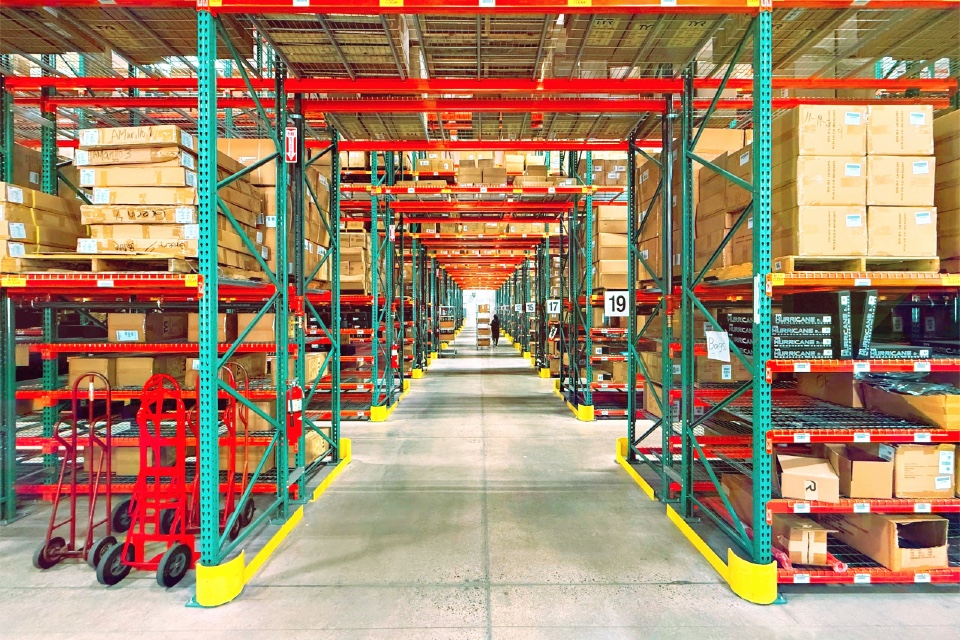The demands placed on warehouse operations across the UK have never been greater. With rising customer expectations for fast, accurate deliveries, growing pressure to optimise costs, and increased complexity from omnichannel fulfilment, the Warehouse Management System (WMS) has become a critical component of modern logistics infrastructure…
However, not all WMS solutions are created equal—and choosing the right software partner can significantly impact a company’s ability to remain agile, efficient, and competitive. For logistics leaders, selecting the right WMS partner involves more than comparing feature lists; it requires careful consideration of long-term business goals, operational needs, and the evolving role of digital transformation in the supply chain.
One of the most important considerations is customisability. Every warehouse operation is different—whether in layout, product type, workflows, or order profiles. A WMS must be able to adapt to these unique conditions rather than force operations to conform to rigid templates. The right partner will offer a system that allows for bespoke configurations, rules-based automation, and modular functionality, enabling you to evolve as your business grows and changes.
Equally essential is interoperability. The chosen WMS must integrate seamlessly with other core systems in your logistics tech stack, including Enterprise Resource Planning (ERP), Transport Management Systems (TMS), and carrier APIs. Smooth integration ensures end-to-end visibility, real-time data sharing, and reduced manual intervention, all of which are essential for achieving operational efficiency and error reduction.
Scalability is another key factor. Whether you’re managing a single site or a multi-site distribution network, your WMS should be able to scale with your operation. This includes handling increases in SKU volume, seasonal order spikes, and expansions into new markets or distribution channels. Cloud-based WMS platforms are especially valuable in this regard, offering flexibility, lower upfront costs, and simplified upgrades.
Ongoing support and training should not be overlooked. A strong WMS partner provides more than just software—they offer implementation expertise, ongoing technical support, and user training to help your team get the most out of the system. Look for providers with a proven track record of customer service and long-term partnership.
Finally, industry expertise matters. A WMS partner with experience in your specific sector—be it retail, e-commerce, pharmaceuticals, or food distribution—will understand the nuances of your operational challenges and regulatory requirements. This domain knowledge can significantly accelerate implementation and ensure best-practice guidance from day one.
Choosing the right WMS partner is a strategic decision. By focusing on flexibility, integration, scalability, support, and industry insight, logistics leaders can ensure their warehouses are future-ready, efficient, and equipped to deliver outstanding service.
Are you searching for Warehouse Management Software solutions for your organisation? The Total Supply Chain Summit can help!
Photo by SEO Galaxy on Unsplash







